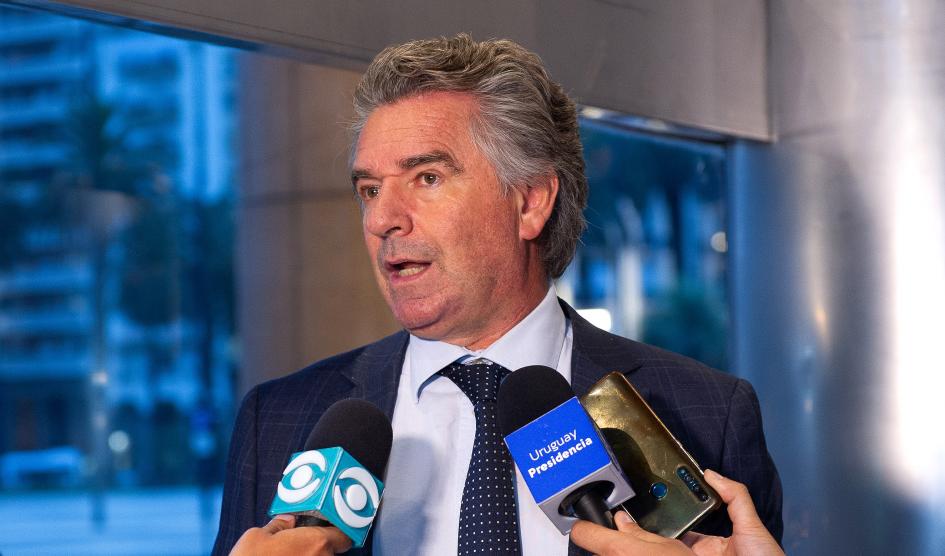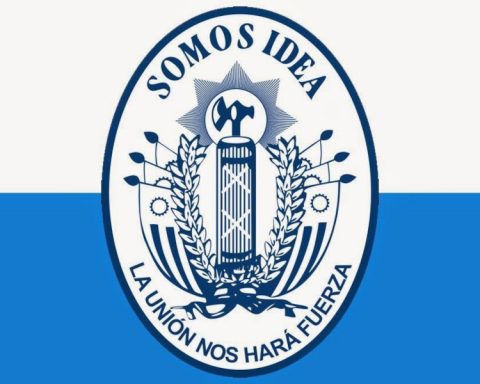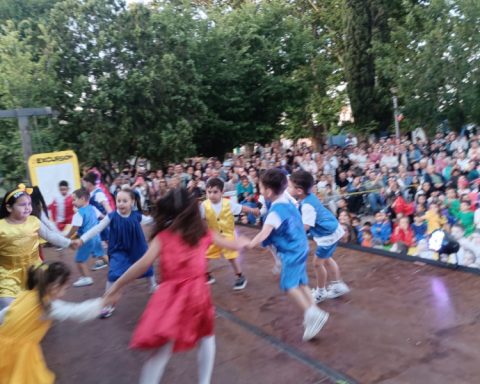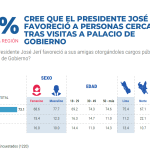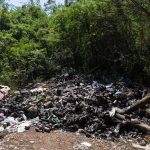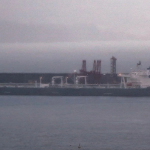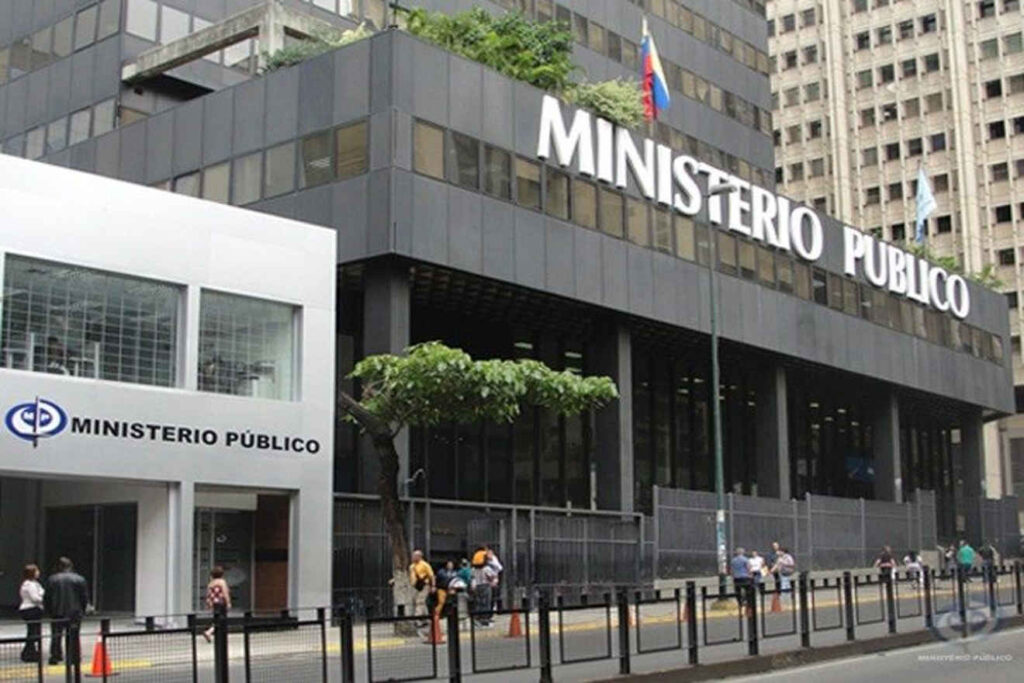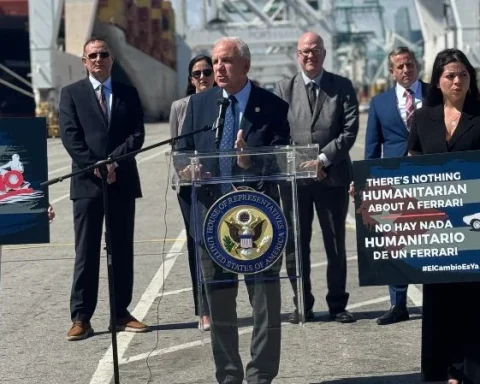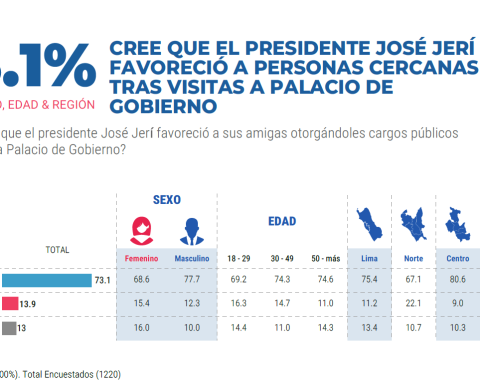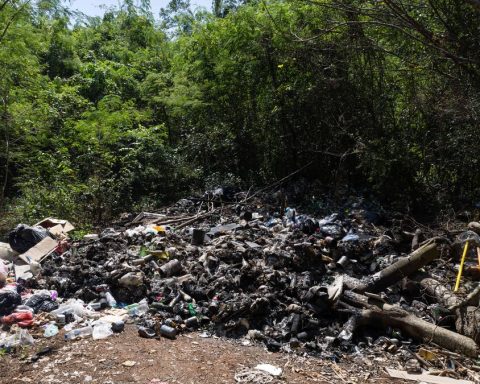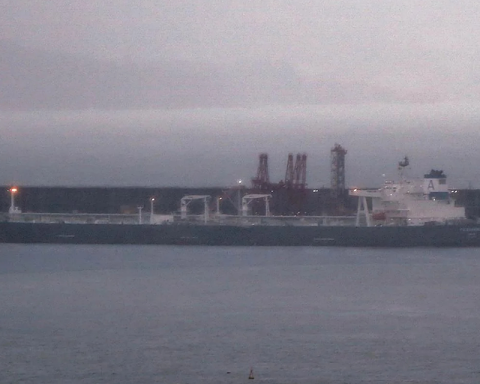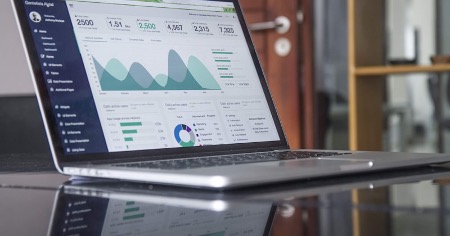Uruguay provides public access to data on the Río Negro basin
The ministries of Environment, Industry and Livestock presented the Initiative portal for the Río Negro, a platform of the National Environmental Observatory that allows access to data on water quality in that basin. The tool, which promotes collective responsibility in the use of natural resources, also presents a mapping of the state of the soil on the banks of that watercourse.
The Undersecretaries of the Environment, Gerardo Amarilla; Industry, Walter Verri, and Livestock, Juan Ignacio Buffa. The director of the Environmental Information Division of the Ministry of the Environment, Virginia Fernández, also attended.
The Initiative for the Río Negro determines measures to prevent, stop, and reverse the process of deterioration of the water quality of that river course. In turn, the portal presented allows the population access to all the projects carried out and data collected on the quality of the water in the Negro River and its tributaries.
In addition, through satellite data and artificial intelligence algorithms, it is possible to access interactive maps to visualize land cover and use throughout the basin.
In this way, the institutions involved seek to promote the transparency of the actions and that their public knowledge derives in a greater collective responsibility regarding the use and sustainable management of natural resources.
Some 35 projects were developed with different public organizations to know the real state of the basin, detailed the Undersecretary of Environment. Amarilla added that issues that affect the body of water should be studied. Diffuse contamination, punctual communication and work with the community are associated with the basin, he exemplified.
He explained that the analysis with satellite images and buoys allows us to know the permanent state of the tributary, in terms of geography, turbidity, temperature, and general contamination.
“We are facing a river that has problems, but is in good health, because we are working to improve that quality and we have identified the sources of the problems,” he considered.
In the same sense, he explained that the Ministry of Environment is advancing in terms of solid waste management in seven locations in the upper basin of the Río Negro, in conjunction with the industries in the area to improve environmental practices.
The data is available in the website of that portfolio.
